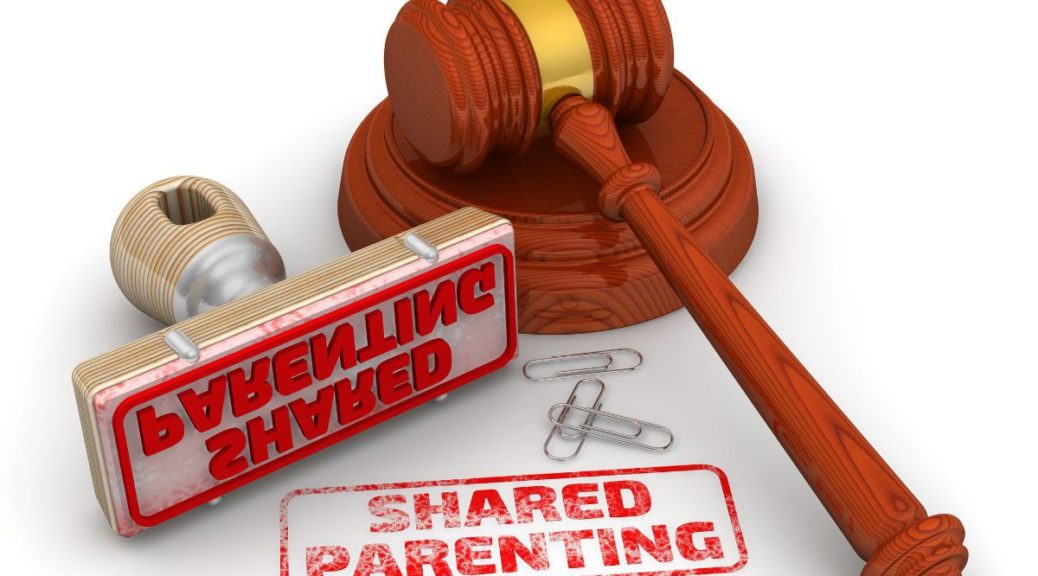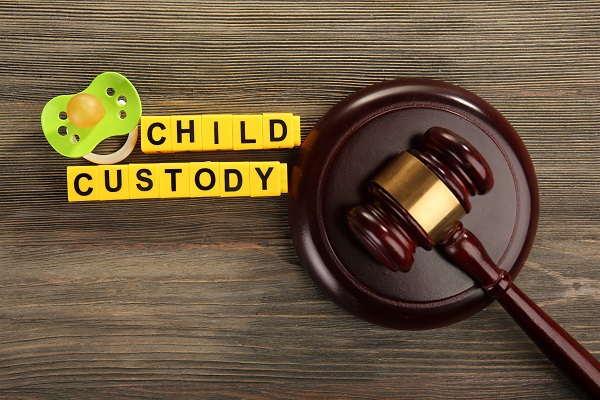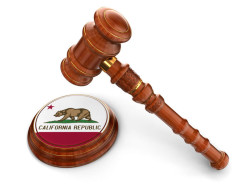Are you ready to take responsibility for sole custody of your child? California family courts generally grant joint custody to both parents in a divorce. Obtaining sole custody can be a difficult and involved process, and you need significant assistance from a knowledgeable legal professional. Certified CA Family Law Specialist Judy L. Burger offers some tips to prepare for sole child custody.
What Is Sole Custody?
Sole custody, also known as full custody, is a legal arrangement in which one parent or guardian has the exclusive right and responsibility to make decisions about the upbringing of the child and has the primary physical custody of the child. This means that the child lives with one parent most of the time. The other parent may have visitation rights or parenting time, but they do not have the legal authority to make decisions about the child’s upbringing. In sole custody cases, one parent has the ultimate authority and responsibility for the child’s well-being.
Steps to Prepare for Sole Custody of Your Child in CA
Custody orders are granted by the family court. Until you have a court order, both parents have the same rights. This means that both of you can make decisions about your children. No parent has any more rights to have the children in their care than the other.
Family Law Attorney Judy Burger can help you with the following steps to file for sole custody of your child in California.
Create a Parenting Plan
When spouses with children separate, they must create a parenting plan to present to the court. Many couples can work out an equitable plan that the court can simply approve. A parenting plan reflecting a sole custody arrangement will likely meet with disapproval by the other parent.
When domestic violence has occurred, the law allows the court to grant sole custody in order to protect the children and abused spouse. There is specific paperwork for requesting sole custody in domestic violence cases.
Gather The Evidence to Support Sole Child Custody
A family court judge will need convincing evidence to grant one parent sole custody. This evidence must basically prove the other parent is unfit to care for the child. However, it must also prove that you are fit and able to care for the child. The court will consider:
- Domestic violence history or charges
- Police reports
- Medical evidence
- Witness statements
- Correspondence
- Employment history
- Housing situation
- Emotional and physical health of the parent
- Age and health of the child
- Emotional ties between the parents and the child
- The child’s ties to the community, family, school, etc.
The primary consideration is always the child’s best interests.
File a Custody Petition with the Court
Your attorney will help you collect the necessary evidence and complete other required paperwork to file a sole custody petition with the court. Completing forms correctly and including all pertinent information is critical. Documentation you may need can include:
- Parenting plan
- Request for orders on child custody and visitation
- Petition to establish a parental relationship
- Petition for custody visitation
- Petition for dissolution
- Official statement about domestic violence (Form MC-030)
CA Custody Attorney Judy Burger can review your case, determine the specific documents you need, and help you complete them correctly.
Attend a Child Custody Court Hearing
After filing for custody, you must attend a child custody court hearing. During the hearing, the judge will review your parenting plan and custody petition and listen to arguments from both sides. The judge will then decide on the custody arrangement that is in the child’s best interest.
Attorney Judy Burger specializes in family law in California and can assist you in securing the best custody and support arrangements for your case. She can help you understand the custody hearing process, gather evidence, prepare for testimony, anticipate challenges during the hearing, develop a parenting plan, and advocate for your interests.
Get Help with Child Custody in California
If you have a child custody case in California, the Law Offices of Judy L. Burger will guide you through the process and fight for your rights. Contact us today to schedule a consultation and get the support you need.





